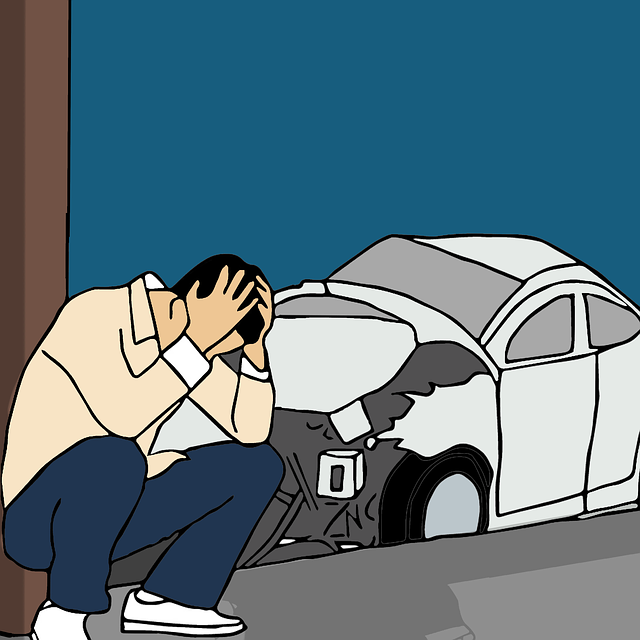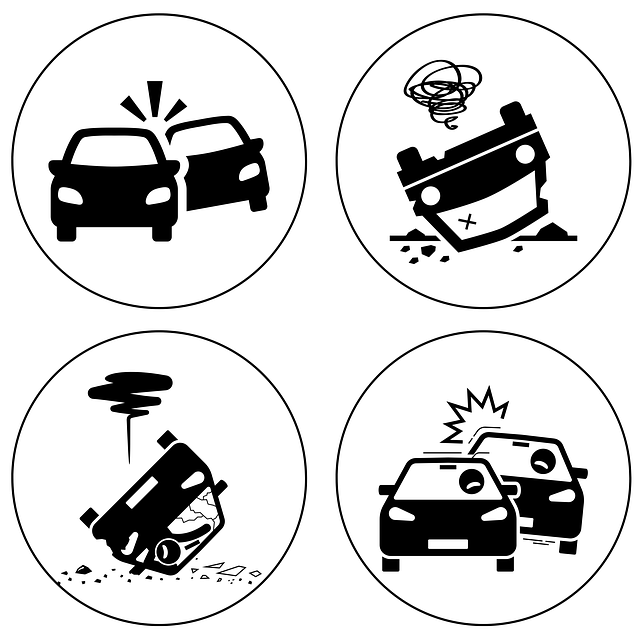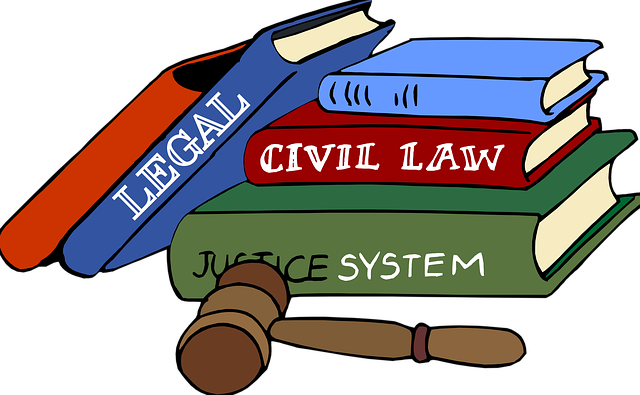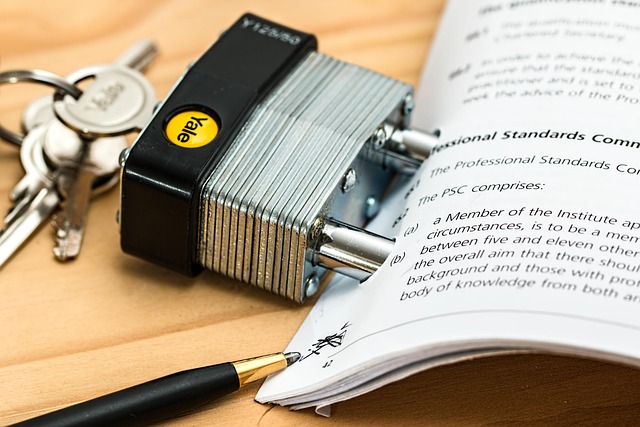The accident lawsuit process begins with evidence gathering, including witness interviews and document collection, crucial for establishing liability and case merits. Delays often occur due to legal requirements and complex cases demanding additional evidence. Success hinges on accurate, detailed firsthand accounts from witnesses and victims, secured through strategic communication and case management to overcome challenges like trauma or relocation. Swift action by retaining a qualified attorney is vital to preserve evidence and ensure a robust case strategy in cases like caregiver negligence or truck accidents.
In the intricate journey of an accident lawsuit, delays are inevitable, often impacting timelines and outcomes. This article unravels the common pitfalls that can prolong legal proceedings, offering insight into each stage. From the initial investigation, where gathering evidence can be a time-consuming process, to the complex web of legal negotiations, trials, and post-judgment actions, understanding these delays is crucial for both plaintiffs and defendants. By exploring these factors, we aim to demystify the accident lawsuit process and equip individuals with knowledge in today’s legal landscape.
- Initial Investigation and Evidence Gathering
- – Time taken for police reports and medical records collection
- – Interviews with witnesses and victims
Initial Investigation and Evidence Gathering

The initial investigation and evidence gathering phase is a critical step in any accident lawsuit process. This period involves meticulous scrutiny of the incident scene, interviewing witnesses, and collecting relevant documents. A comprehensive review of the facts is essential to determine liability and assess the merits of the case. For instance, in cases involving caregiver negligence or serious injuries caused by truck accidents, quick action is crucial. Retaining a truck accident attorney promptly ensures that critical evidence is preserved and collected while memories are still fresh, which can significantly impact the outcome of the lawsuit.
This phase demands patience and attention to detail as investigators sift through data to piece together the sequence of events leading up to the accident. Every piece of information, from medical reports to surveillance footage, plays a role in building a robust case strategy. Effective evidence gathering ensures that the accident lawsuit process is well-informed, setting the stage for a stronger argument and potentially expediting resolution through settlement negotiations or a successful trial.
– Time taken for police reports and medical records collection

The accident lawsuit process often involves significant delays due to several factors, one of which is the collection of essential documents. Police reports and medical records play a crucial role in any legal proceeding related to accidents. These records provide detailed information about the incident, including timelines, cause, and parties involved. However, obtaining these documents can take substantial time. Police reports may require processing and review by law enforcement, while medical records often need to be requested from various healthcare providers and insurance companies, leading to delays in their production.
In the case of a truck accident or any other complex incident, the process becomes even more intricate. A truck accident lawyer might need to gather additional evidence, such as witness statements and maintenance records from transport companies. Similarly, when dealing with homeowner insurance claims, the timeline can be prolonged by the back-and-forth communication between the insured, their insurer, and potentially multiple contractors or repairmen. These delays are inevitable parts of the legal process but can significantly impact the speed at which injured parties receive the injury compensation they deserve.
– Interviews with witnesses and victims

The accuracy and detail of witness and victim interviews are pivotal to any accident lawsuit process. These testimonies can make or break a case, as they provide firsthand accounts of events, which are often crucial for establishing liability in personal injury claims, including car accident injuries and slip and fall injuries. However, securing timely and comprehensive interviews can be challenging. Victims may be reluctant to discuss the incident due to trauma or fear of legal repercussions, while witnesses may move away or become hard to locate, leading to delays.
Legal professionals must navigate these hurdles by employing strategic communication techniques and utilizing available resources. Effective case management involves keeping open lines of communication with clients and witnesses, ensuring their cooperation throughout the process. This includes providing clear instructions, offering support, and promptly addressing any concerns that may arise, thereby facilitating a smoother accident lawsuit process.
Accident lawsuits often face various delays due to complex procedures and the need for thorough investigation. From initial evidence gathering, including police reports, medical records, and witness interviews, to navigating legal complexities, each step demands time and precision. Understanding these potential roadblocks is essential for all parties involved, ensuring a more efficient accident lawsuit process. By recognizing common delays, individuals can prepare accordingly and work towards resolving their cases in a timely manner.






